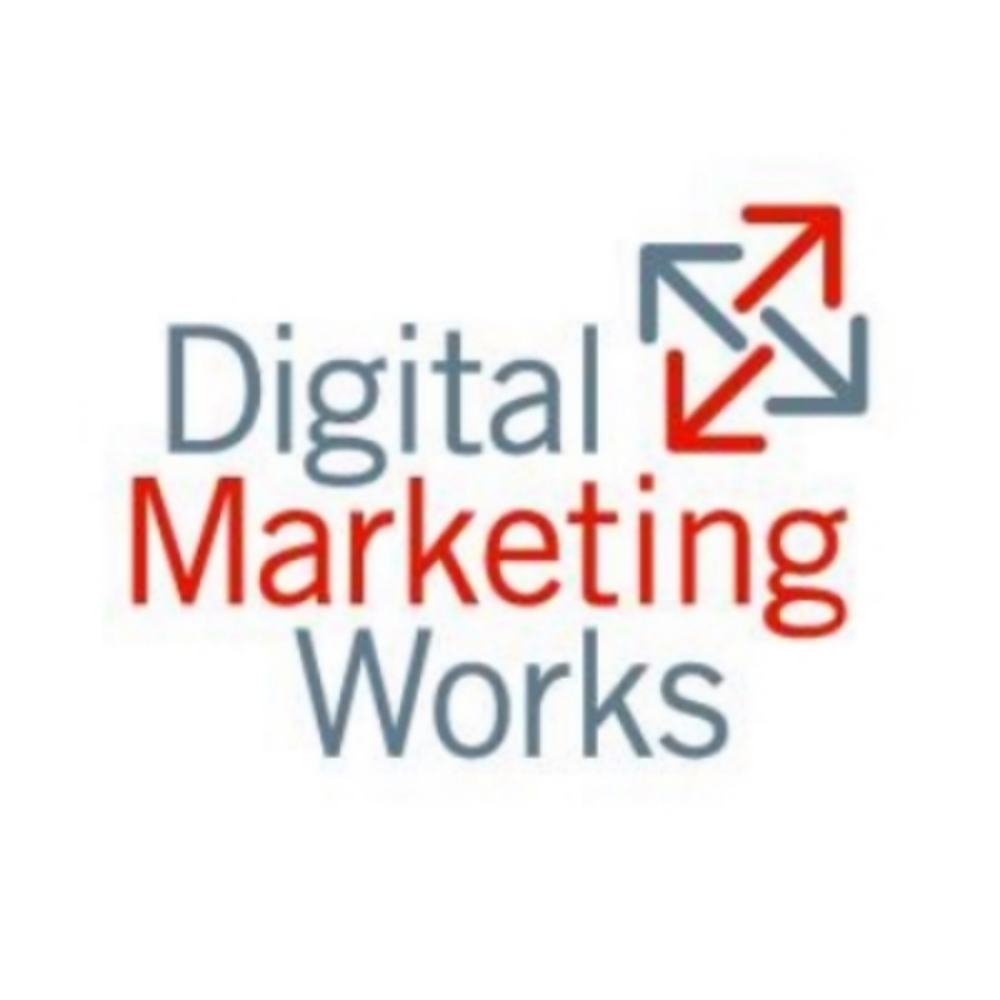Google Authorship and Employee Generated Content
/
I've written previously about the benefits of Employee Generated Content (EGC) and how it is an especially great match for hotels. The value of EGC has gone to a whole new level, however, with the formal release of Google Authorship.

The implications are significant and put my concept of Employee Generated Content front and
center. Not only is employee generated content great for customer service and
retention. It is increasingly serving the very fundamental need of organic
search optimization.
Example: A given page will be higher in organic search results if the author of that content is valued by Google. Understanding this can give you an important advantage over your compset. In the world of hotels and restaurants, it can be particularly powerful for independents who are trying to get their share of visibility vs. the big brands.
What is Google Authorship? Why Does it Matter?
Commonly known as "AuthorRank", this new feature from Google associates your picture and Google+ profile with content (usually blog content) written by you. If you want a deeper dive, there is a lot of good reading on this topic. But here's the key takeaway: until now, Google's search results have been ranked by the value of content on a given page. With Authorship, Google is now ranking you, the author, along with the content itself. Google will attempt to determine if a given author is a dependable creator of frequent, relevant content that engages and shares at a high level.
Example: A given page will be higher in organic search results if the author of that content is valued by Google. Understanding this can give you an important advantage over your compset. In the world of hotels and restaurants, it can be particularly powerful for independents who are trying to get their share of visibility vs. the big brands.
Tactical Advice
What I like about Authorship is that getting it right is largely consistent with general best practices and DMW's specific strategies for organic search and social optimization. Specific steps include:- Learn more about EGC and follow up on those action items. Most important: Identify the real person, the real team member, who is going to represent your brand. Identifying two such people would be even better.
- Work with your agency (or similar) to establish a G+ profile for your team member and to associate it with your blog.
- If you don't yet have a blog, now is the time to start! With the release of Authorship, blogs have never mattered more. A simple Content Optimization Program will generate a good list of topics. Contact me to learn more. Ask your team and agency for topic ideas, too.
- Once you are publishing content on a regular basis, get the most bang for your buck by distributing that content across all of your social channels. Post condensed versions of blog posts Facebook. Link to your blog posts from Twitter...
- Important: Remember that this plan works only as well as the content being generated by your author. Best practices that service Google's Penguin/ Panda/ Freshness updates apply here. Publish frequent content that is relevant and engaging. Include photos. Include video. Cover topics other than yourself.
Beyond the Basics
As you begin to cover the fundamentals, consider these additional steps to ensure that you are getting the most juice from Authorship.
- Advanced Tip #1: Contributing content to others' assets (like guest blog posts) works in your favor when you include Google's "Authorship Markup" in the byline. It's easy. Here's a great how-to. Your agency can help.
- Advanced Tip #2: In a subtle but powerful move to gain more traction in Social, Google also gives weight to authors based on their social activity in Google+. This means that your author (and your brand) should have Google+ pages and be active in that space. Invite guests to follow you there. "+1" interesting articles on local events or thematically relevant topics like golf and family vacation tips.
Remind me: Why Are We Doing This?
The end result of these activities is two-fold:- 1) As with other social channels, you are improving your engagement and support channels. This is a primary goal of social. It improves the guest experience. It helps drive awareness and visibility.
- 2) You are directly contributing to improved organic search results. In turn, this drives demand.
By Aaron Zwas -- Director of Emerging Technologies at Digital Marketing Works


